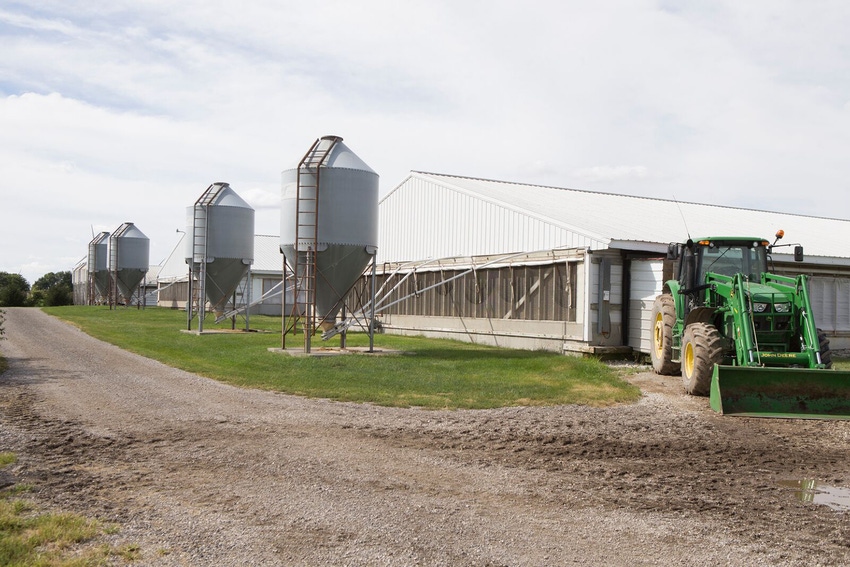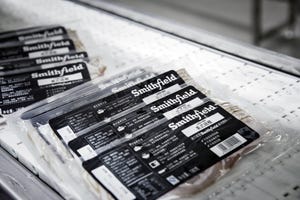The MFP provides payments to producers of hogs, corn, cotton, sorghum, soybeans, wheat, dairy, fresh sweet cherries and shelled almonds.
April 29, 2019

USDA extended the deadline to May 17 from May 1 for agricultural producers to certify 2018 crop production for payments through the Market Facilitation Program, which helps producers who have been significantly affected by foreign tariffs, resulting in the loss of traditional exports. USDA’s Farm Service Agency extended the deadline because heavy rainfall and snowfall have delayed harvests in many parts of the country, preventing producers from certifying acres.
Payments will be issued only if eligible producers certify before the updated May 17 deadline.
The MFP provides payments to producers of corn, cotton, sorghum, soybeans, wheat, dairy, hogs, fresh sweet cherries and shelled almonds. FSA will issue payments based on the producer’s certified total production of the MFP commodity multiplied by the MFP rate for that specific commodity.
“Trade issues, coupled with low commodity prices and recovery from natural disasters, have definitely impacted the bottom line for many agricultural producers,” says FSA Administrator Richard Fordyce. “The MFP payments provide short-term relief from retaliatory tariffs to supplement the traditional farm safety net, helping agricultural producers through these difficult times. Weather conditions this fall, winter and early spring have blocked many producers from completing harvest of their crops, and we want to make sure producers who want to finalize their MFP application have an opportunity.”
Producers can certify production by contacting their local FSA office or through farmers.gov.
Source: USDA, which is solely responsible for the information provided, and wholly owns the information. Informa Business Media and all its subsidiaries are not responsible for any of the content contained in this information asset.
About the Author(s)
You May Also Like


